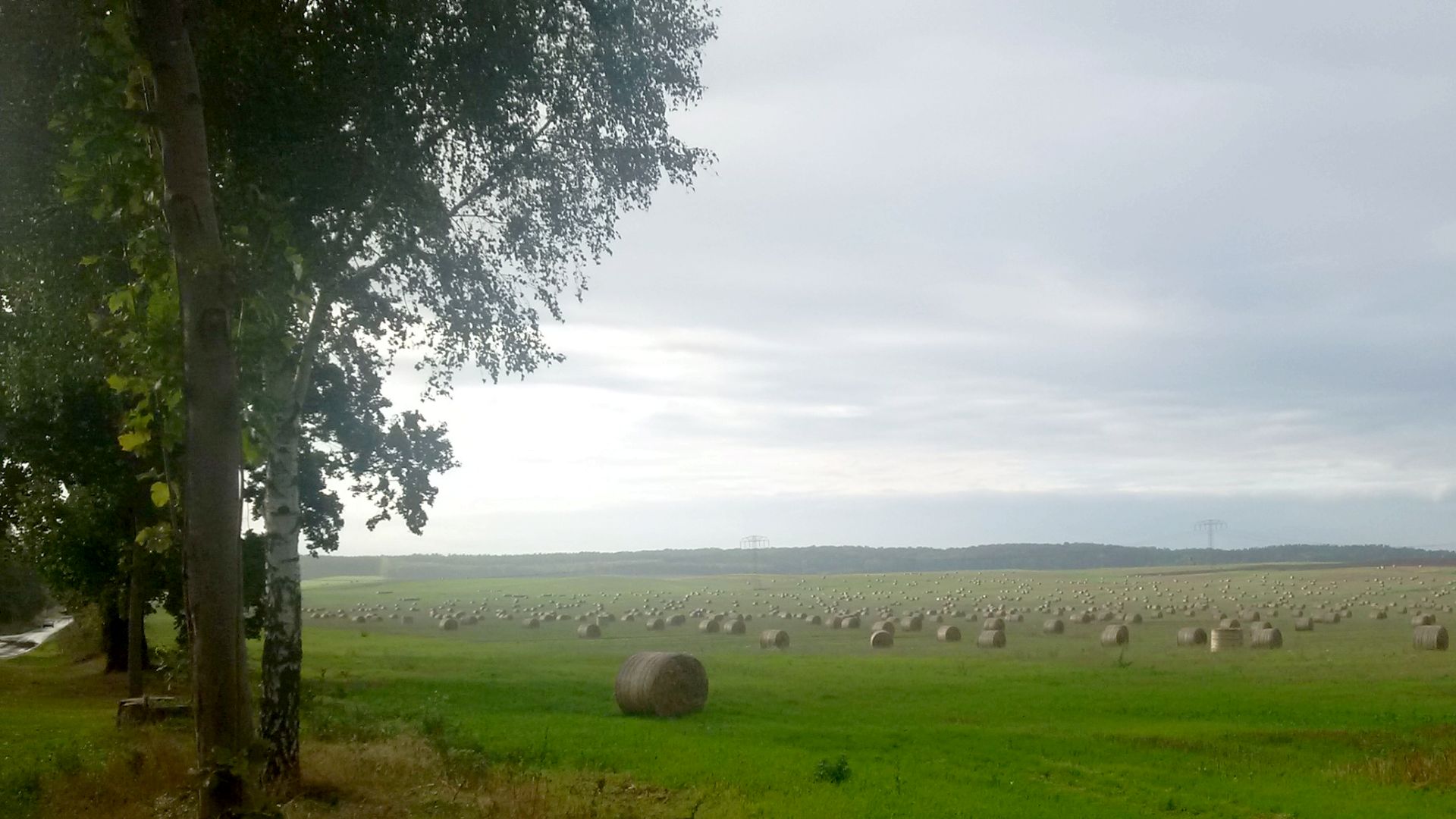The production and consumption of food in Germany is associated with environmental problems, especially with regard to intensive animal husbandry for food production. Health problems are also associated with the consumption of animal products, such as cardiovascular diseases and diabetes. From the perspective of a more sustainable diet, a ‘Dietary Shift’ is therefore urgently needed (WBAE 2020). Against this background, the DUH project “Positive Campaign to Strengthen Plant-Based Dietary Environments” aims to contribute to reducing the animal share in the diet to a level that is compatible with humans, animals and the environment (One Health approach). The purpose of the target group analysis is to identify ways to reach different groups for a positive campaign on more plant-based diets, since the willingness to make dietary changes varies greatly depending on age, gender, family situations, and other socioeconomic factors. Therefore, the target group analysis will compile previous findings about the different groups from scientific studies and surveys (A). In addition, the target group analysis includes the development of four personas (fictitious individuals) including short profiles that depict the most important socio-demographic characteristics, consumption preferences as well as accessibility for a positive campaign of the respective personas (B).
Target audience analysis for a positive campaign to strengthen more plant-based food environments

Zeitraum October 2022 – February 2023
Auftraggeber Deutsche Umwelthilfe e.V.
Kooperationspartner
Weitere Projekte
December 2022 – May 2025
Against the background of a growing global demand for proteins and at the same time significant negative impacts of the production of animal products, the focus of the project is on the exploration of alternative protein sources and analogues. The aim is to obtain an overview of current processes, raw materials and products for the provision of alternative proteins and analogues and to investigate, on the basis of a selection, how likely and desirable the diffusion of these alternatives is.
March 2024 – June 2027
Civic engagement is becoming increasingly important for sustainable urban development geared towards the common good. With their interest in liveable, everyday urban spaces, active citizens are driving forward sustainable, cooperative forms of building, living, consuming and working. In doing so, they contribute (at least implicitly) to the reduction of carbon dioxide emissions, environmentally friendly production processes and the protection of biodiversity. Although civic engagement is recognized as having great potential, it often remains disconnected from administrative processes: Both sides do not come together sufficiently in municipal governance, which reduces the impact of engagement.
November 2020 – December 2026
The measures for the promotion of initiatives for social innovations by the BMBF are evaluated together with technopolis and scientifically reflective processed.